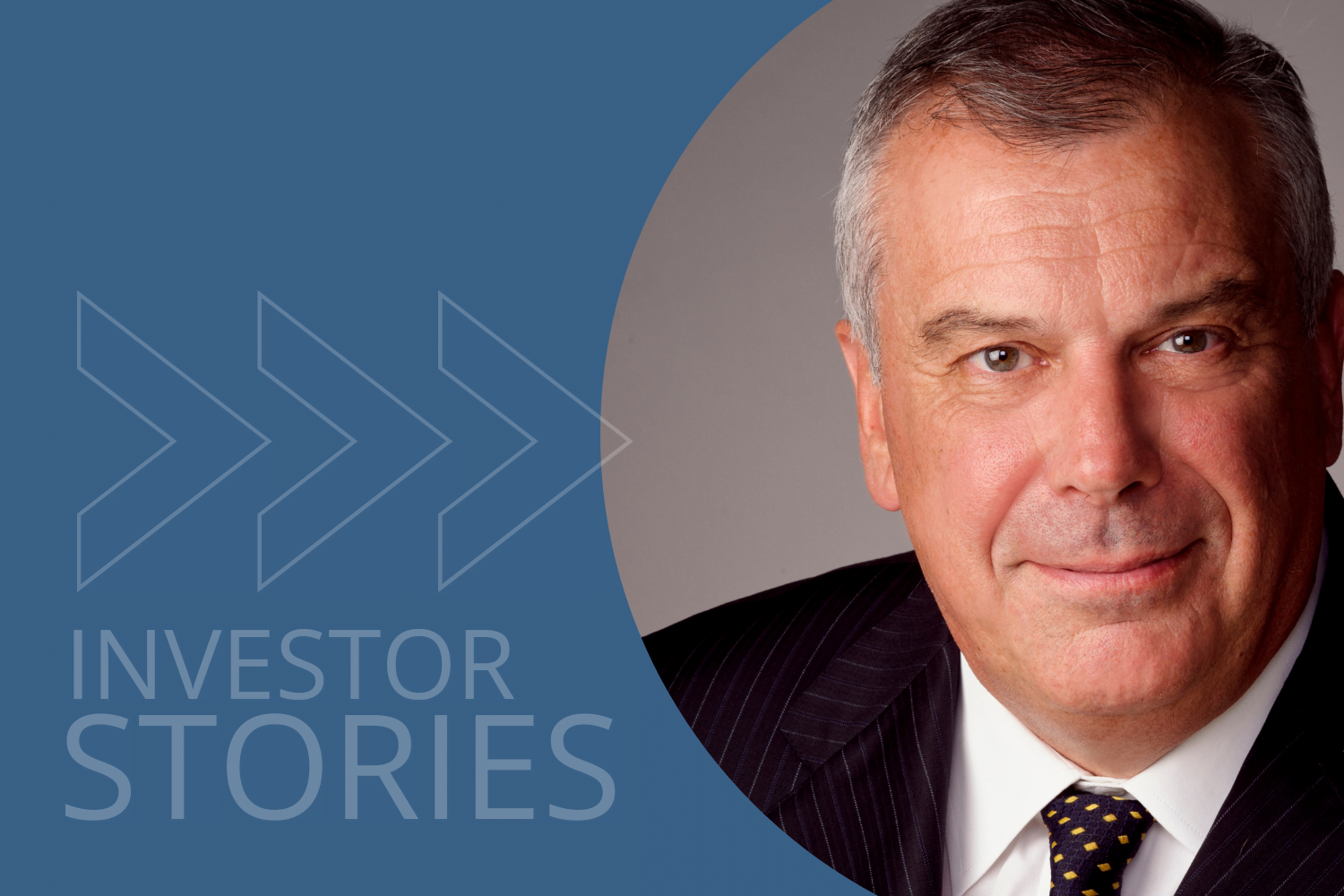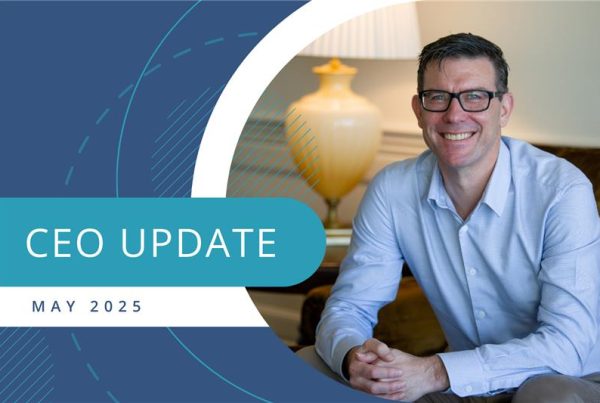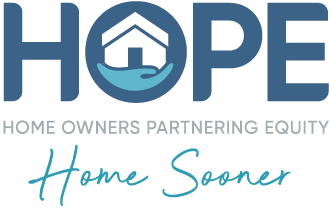
We had the pleasure of sitting down with Tim Norton, a recent investor in the HOPE Fund, to delve into his journey, gain insights into his unique approach, and understand the motivations driving his investment decisions.
Who is Tim Norton?
Tim has a proven track record for identifying emerging market trends and crafting timely solutions. His experience spans several successful ventures, demonstrating his ability to foresee big changes and adapt accordingly.
In 1988, Tim co-founded Oakton, delivering IT services to business and government clients. Under his leadership, Oakton grew significantly and listed on the ASX in 2000. By 2014, Oakton had 1,100 employees and was acquired by Dimension Data for $171 million.
Tim also served on the board of IWL, an early online stockbroking firm in Australia, which was sold to CommSec for $373 million. In 2005, he founded WINconnect, a pioneer in integrating multiple utility services for multi-tenanted properties. He successfully grew and sold WINconnect, first to private equity investors and later to Origin.
Challenges of Traditional Property Investment
Tim’s real estate investment portfolio, consisted of mostly residential real estate, particularly inner-city Melbourne. Through a business acquaintance, he built a large portfolio of townhouses. However, he acknowledges the challenges that came with it, such as maintenance, rates, and land tax.
“The Victorian land tax regime in recent times has just gone off the scale,” Tim says, driving him to reduce this burden by offloading his investments.
Discovering Smarter Property Investment with Impact
A pivotal moment in Tim’s investment journey saw him introduced to HOPE Housing, where a residential investment not only offers financial returns, but also altruistic upside.
“HOPE appealed to me because it helps people achieve something that might otherwise be out of their reach,” Tim explains.
This alignment with his growing interest in social impact investing marked a shift in his strategy, as he also started a family charitable fund, which required careful consideration of where to allocate charitable contributions. He faced the dilemma of whether to invest in sectors purely for high returns or to support more ethical and impactful areas.
His decision to invest in the HOPE Fund was influenced by its clever structure, offering investors both financial and impact returns, while also avoiding the typical costs associated with being a landlord, such as land tax, stamp duty, and maintenance expenses.
Tim emphasises the convenience of having his investments platformed, which simplifies management and oversight. By sharing his success with this approach, he highlights the appeal of asset classes that offer both financial returns and social impact to other fund managers and family offices.
Supporting Essential Workers Through HOPE
As we concluded our conversation, Tim shared a message for the beneficiaries of the HOPE Fund: “You are the backbone of our community. I am happy to help you onto the homeownership path and I look forward to hopefully sharing in some upside.”
The success of the HOPE Fund and the support of investors like Tim Norton demonstrate the potential for significant social impact through smart property investment. However, the need remains great.
With 1,500 eager candidates already on our waitlist, we must find more visionary investors like Tim. In doing so, we can expand our efforts and help more essential workers achieve the dream of homeownership. Together, we can build a stronger, more supportive community for those who dedicate their lives to serving others.
Past performance is not a reliable indicator of future performance. Quotes are views of third parties only and may not reflect the performance of the Fund nor reflect the opinions of the Trustee or their affiliates. Investors should seek independent financial advice before making any investment decisions. Please see full disclaimer at investors.hopehousing.com.au/register-your-interest/.
* Portfolio growth is determined by estimating market value of the properties within the Fund’s portfolio monthly, using CoreLogic IntelliVal (Automated Valuation Estimate) and PropTrack AVM. The change in total portfolio value is indexed from a base value of 100, established at the inception of the Fund’s portfolio, to account for the addition of new properties during the same period. The 12-month growth represents the cumulative growth over the prior four quarters. The portfolio growth information does not take into account liabilities or expenses of the Fund and therefore may not reflect overall Fund performance.




